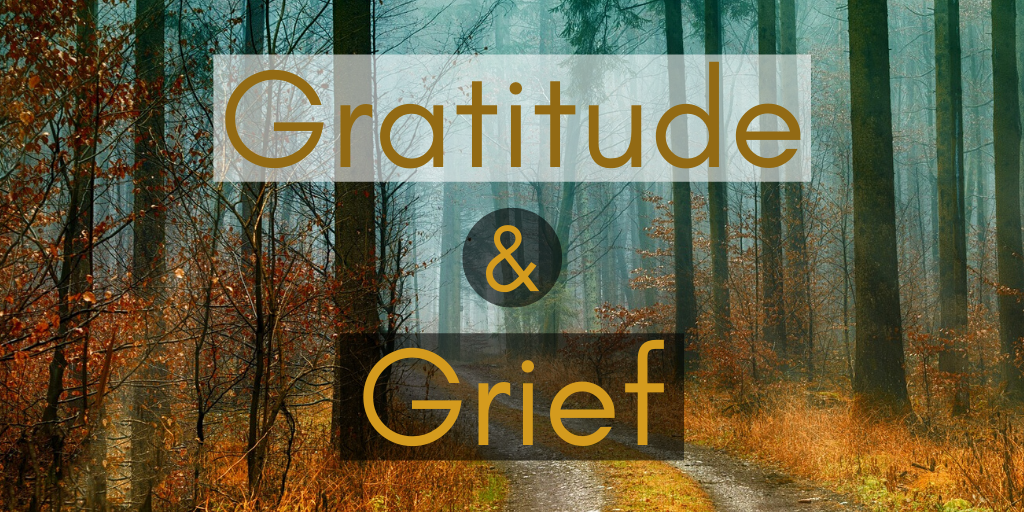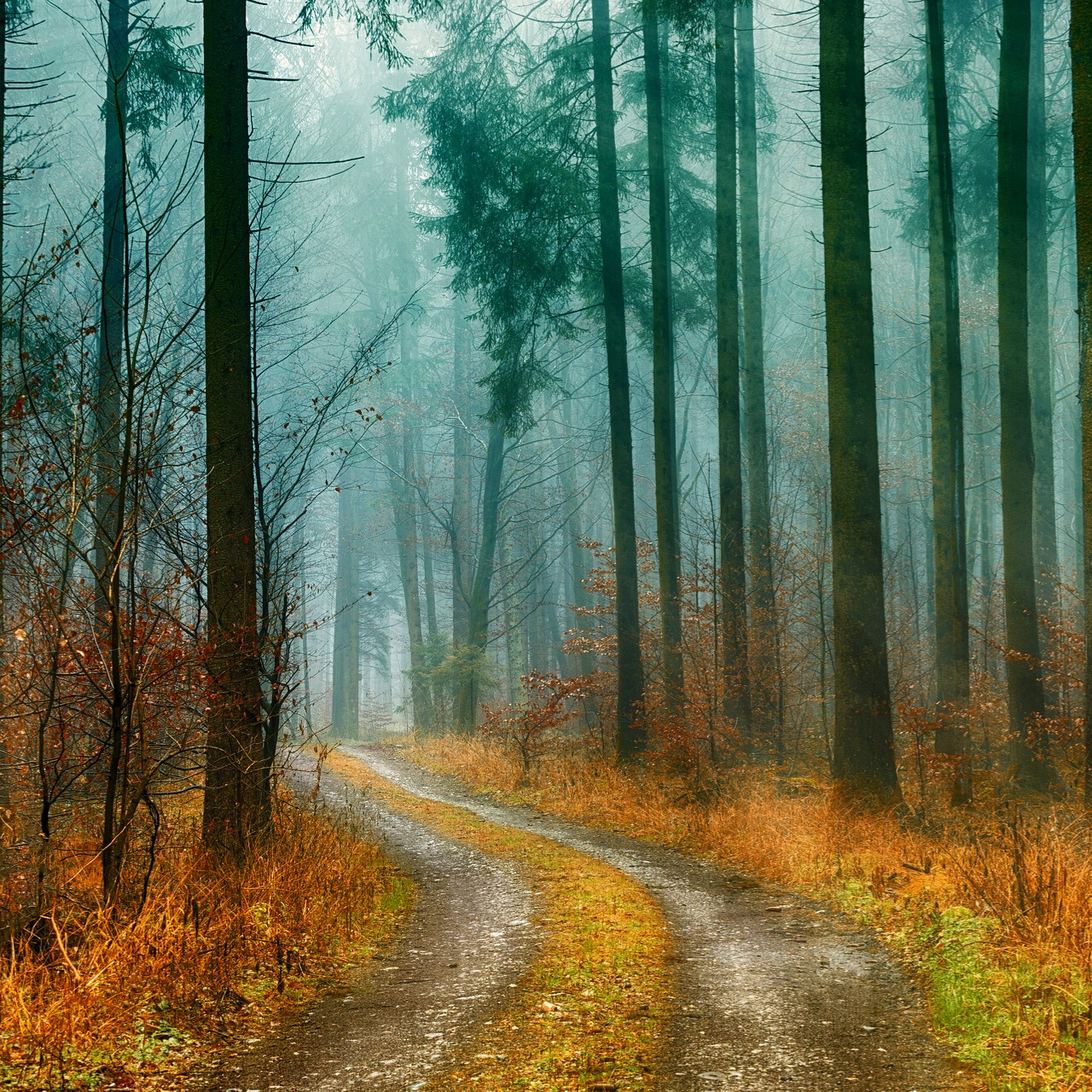
At its best, gratitude is a way to live in the midst of a world of pain and grief, not a way to cut ourselves off from that grief. Gratitude is a practice that can fortify us for the work of love, but gratitude is not meant to be a practice that cuts us off from the grief and needs of our fellow human beings.
I drive Penny back and forth to her dance classes four days a week, usually in the evening. The ride easily becomes tedious. She takes five classes at a studio twenty minutes away, which amounts to many hours of driving over the course of a week. We make the most of it—I give thanks for the time we have to talk with each other. I am grateful for podcasts and music and the chance to catch up with faraway friends by phone. Every so often, I silence the noise and notice the beauty of the drive. We live in the foothills of the Berkshire mountains, and the road to Penny’s dance classes take me up a small mountain with farmland and rolling hills stretching out as far as I can see. I often catch the sunset, and the beauty of it hits me in the chest like an embrace.
Gratitude and Dependence
But one day last year, when I was driving across that ridge line on my own, and when the orange light of the sun glowed through the gray clouds and turned them to purple and I wondered if I should stop the car and kneel down in thanks right then and there, I was also struck with a thought. How much did my ability to see this beautiful sight depend upon being a white person living in a small town with enough money to pay for my child to go to dance class every day? Were other people excluded from this beauty? Was my sense of gratitude linked to willful ignorance about the needs of other people?
The practice of gratitude at its best reminds me that I am a dependent creature who lives under the loving care of God and who depends upon the loving care of my fellow human beings.
Gratitude and Pain
But giving thanks in all circumstances, as Paul instructs in Philippians, does not mean denying the dark, hard, painful realities of human life. When a loved one dies. When a child suffers. When an innocent person goes to prison. When a guilty person receives an unjust sentence. When a young woman is raped. When a young man is killed.
For people like me, in relatively comfortable, white, affluent social positions, a superficial practice of gratitude can be a way to avoid the injustice, pain, and suffering of the world all around me. What’s worse, a superficial practice of gratitude can lull me into thinking I don’t participate in that injustice, pain, and suffering.
Gratitude and the Work of Love
I still give thanks when I see the sunset. But I also engage more regularly in prayer and action related to the hardship in the world. Gratitude is a practice that can fortify us for the work of love, but it is not meant to be a practice that cuts us off from the needs of our fellow human beings. At its best, gratitude is a way to live in the midst of a world of pain and grief, not a way to cut ourselves off from that grief.
- Gratitude and Grumpiness
- Gratitude and Grief
- Gratitude and Grace
- Gratitude and Growth: How to Practice Gratitude
If you haven’t already, you can subscribe to receive regular updates and news. You can also follow me on Facebook, Instagram, Twitter, Pinterest, YouTube, and Goodreads, and you can subscribe to my Love Is Stronger Than Fear podcast on your favorite podcast platform.




